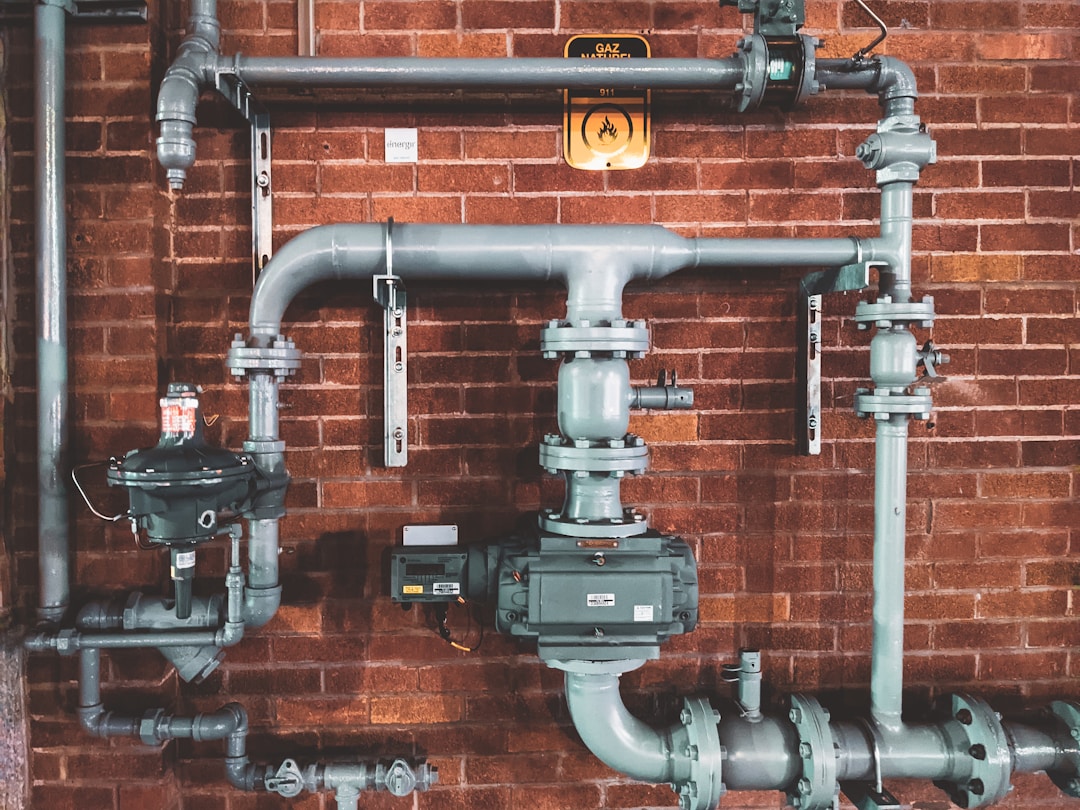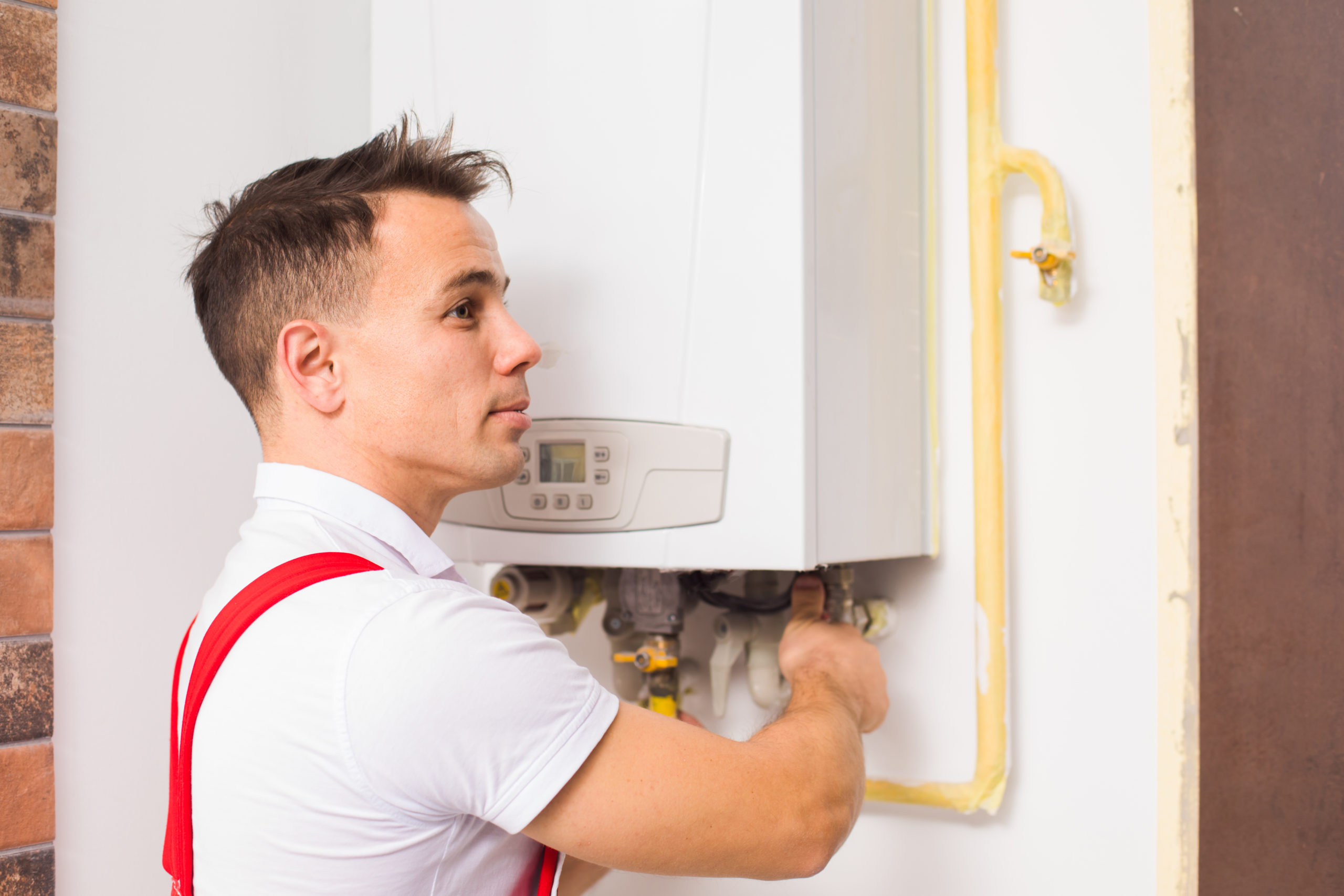Your home’s boiler is the backbone of the household. Whether it’s keeping things warm through the winter months or just during a nice hot shower, there’s a certain daily level of pressure on your system. That’s why it’s important to have your boiler and heating system operating at its peak whenever you need it. This starts with proper maintenance and keeping a regular checklist to make sure that the unit is ready to go no matter the time of year.
When should I run maintenance on my boiler?

Your boiler goes through the least amount of use during the summer months, and that’s why many experts recommend fall boiler maintenance. A fall checkup is best to check a gas furnace and clean out the system before the winter months when a unit is ultimately used the most. This is the time to clean out blocked air vents that will hamper the boiler from working efficiently, especially gas boilers. Dirt accumulates, which can lead to issues with proper heating and plumbing in the long run.
While many heating experts will recommend conducting annual maintenance in the fall, some will also recommend an additional look at the boiler in the spring after it has gone through the brunt of it. Sediment and soot can accrue in a lot of older heating systems if vents and flues are not properly cleared out, along with additional plumbing. This will also monitor for any leaks or cracks that could cause more dangerous issues.
What are some things I can do without a technician?

While it’s best to have technician conduct at least an annual maintenance check on a furnace of any age, there is plenty that a homeowner can do to prevent any future issues. Keeping track of a maintenance checklist is a great way to make sure your system goes a long way. Inspecting, cleaning, and changing filters at least once a month will prevent any obstructions that could end up sending energy bills soaring with more pressure being put on any boiler system.
Before and during the heating season, a homeowner can check all gas and oil connections to make sure that heat is properly being distributed. A dirty burner or cracked heat exchanger causes improper operation and can cause equipment to operate less safely and efficiently. Even just regularly monitoring your thermostat to make sure it’s operating properly can ensure that you are getting the right amount of heat and avoid overworking a furnace at any time of year.
How can I be aware of other issues with my heating system?

A regular checkup can alert you to issues with your boiler that you may not have been aware of, but there are some telltale signs that could pop up. Cracks and leaks in ducts and exchanges are some of the greatest red flags you can spot, as these can lead to dangerous carbon monoxide seeping into your household. Spotting those issues with key parts can allow you to resolve the issue quickly. It’s also important to have a carbon monoxide alarm in your home to make you aware of this silent danger.
If you notice lime-scale or soot coming from your fixtures, this could be the sign of a hard water issue in your boiler. This hampers heating capacity when you need your boiling system the most. Noises could emerge from ductwork or elsewhere in the system. If these noises last beyond the initial turn-on for the winter months, be sure to keep track of the sounds. This will allow a technician to better assess the problem and offer solutions. After all, keeping your boiler healthy is key to keeping your household warm through those icier months.

